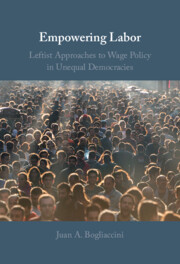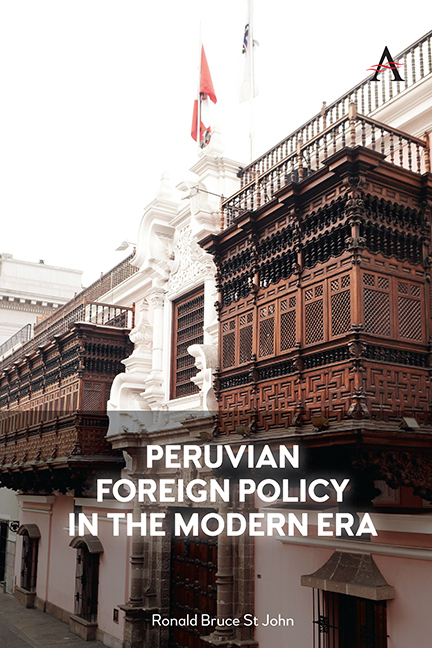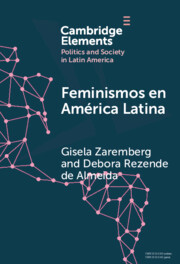This essay reviews the following works:
Collision of Worlds: A Deep History of the Fall of Aztec Mexico and the Forging of New Spain. By David M. Carballo. Oxford: Oxford University Press, 2020. Pp. xvi + 351. $37.99 hardcover, $23.99 paperback, e-book. ISBN: 9780197661451.
Conquistadores: A New History of Spanish Discovery and Conquest. By Fernando Cervantes. New York: Viking, 2021. Pp. vxiii + 496. $35.00 hardcover, e-book. ISBN: 9781101981269.
Inca Apocalypse: The Spanish Conquest and the Transformation of the Andean World. By R. Alan Covey. Oxford: Oxford University Press, 2020. Pp. xix + 592. $34.95 hardcover. ISBN: 9780190299125.
Death in the Snow: Pedro de Alvarado and the Illusive Conquest of Peru. By George W. Lovell. Montreal: McGill-Queen’s University Press, 2022. Pp. xv + 280. $39.95 hardcover. ISBN: 9780228014409.
Strike Fear in the Land: Pedro de Alvarado and the Conquest of Guatemala, 1520–1541. By W. George Lovell, Christopher H. Lutz, and Wendy Kramer. Norman: University of Oklahoma Press, 2020. Pp. xvi + 194. $32.95 hardcover, $21.95 paperback, e-book. ISBN: 9780806190044.
German Conquistadors in Venezuela: The Welsers’ Colony, Racialized Capitalism, and Cultural Memory. By Giovanna Montenegro. Notre Dame, IN: University of Notre Dame Press, 2022. Pp. xvii + 372. $95.00 hardcover, $75.99 e-book. ISBN: 9780268203214.
Seven Myths of the Spanish Conquest. By Matthew Restall. Updated edition. Oxford: Oxford University Press, 2021. Pp. xix + 272. $21.99 paperback. ISBN: 9780197537299.
Conquistadors and Aztecs: A History of the Fall of Tenochtitlan. By Stefan Rinke. Oxford: Oxford University Press, 2023. Pp. ix + 328. $34.95 hardcover. ISBN: 9780197552469.


